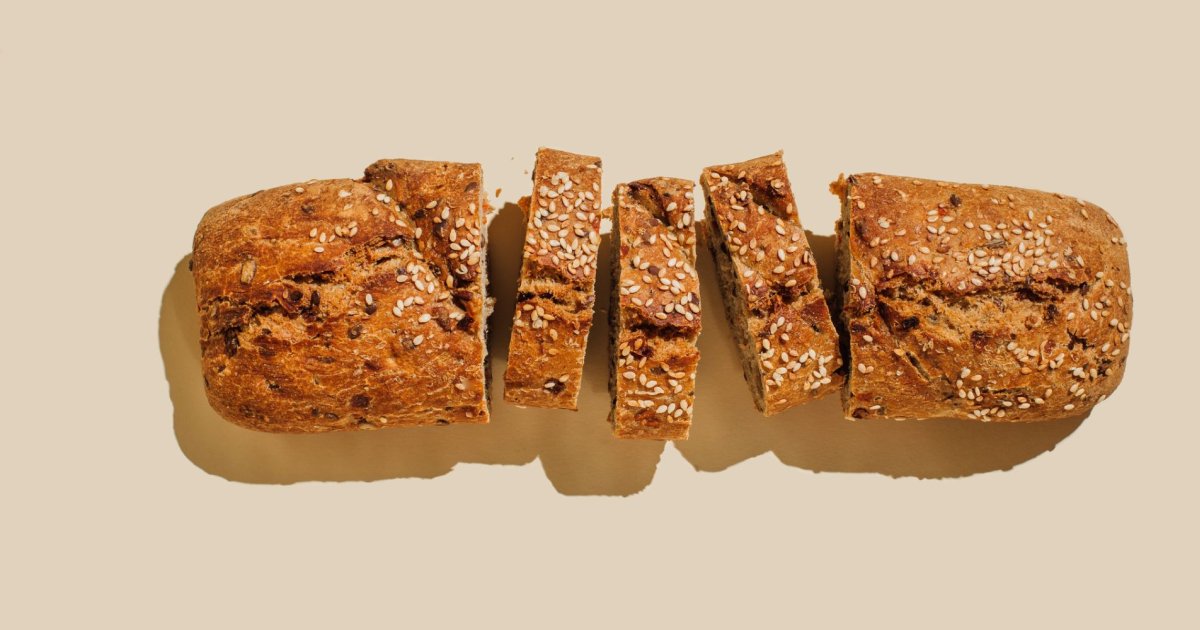Bread is one of the most consumed foods in France. 82% of French people say they eat bread every day, according to a survey conducted by QualiQuanti for the Federation of Bakery and Pastry Companies (FEB). Among them, many also enjoy a slice of bread with each meal. But is it really good to eat bread for breakfast, lunch and dinner? We have the answer.
Does eating bread with every meal make you gain weight?
Bread, although it is mainly consumed, is often demonized. Especially as part of a diet to lose weight. In any case, experts agree that it is a food with many benefits for the body, thanks to its richness in cereals. It is a source of satiating fiber and helps promote good transit and contributes to energy intake. Hence the interest in not instinctively banshing if you want to lose weight.
From here to eat at every meal? In reality, it is not so much when you eat bread during the day that matters, but rather, what daily amount you eat and, above all, what flour you choose.
In truth, eating too much bread can lead to weight gain – like all foods eaten in excess – and also swelling. Especially if you eat your slice of bread in addition to other starchy foods during a meal, such as pasta or potatoes for example.
In addition, if you only eat bread with white flour, such as sandwich bread bought in supermarkets or traditional baguettes, you actually increase the level of sugar in the blood. These breads have a high glycemic index which more or less leads to weight gain.
Also read
Digestion: eating this bread every day improves intestinal comfort, according to a gastroenterologist
The right amount of bread to eat every day
You can eat bread with every meal, as long as you respect the correct daily dose, i.e. 100 grams of bread per day maximum (paying attention to your other intake of starchy foods).
Be sure to also favor spelled bread, rye bread, bread made of semi-wholemeal or wholemeal flour, which have better benefits for the body.
You know you can eat bread in the morning and in the eveningit all depends on the balance of your meals.
Also read
- Weight loss: can you eat bread for breakfast?
- Which type of bread has the least calories?

